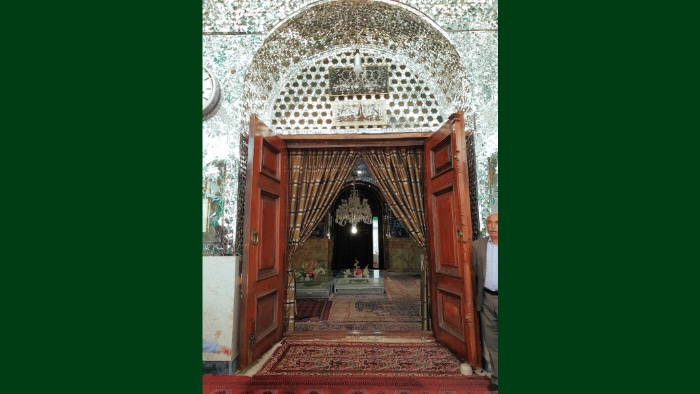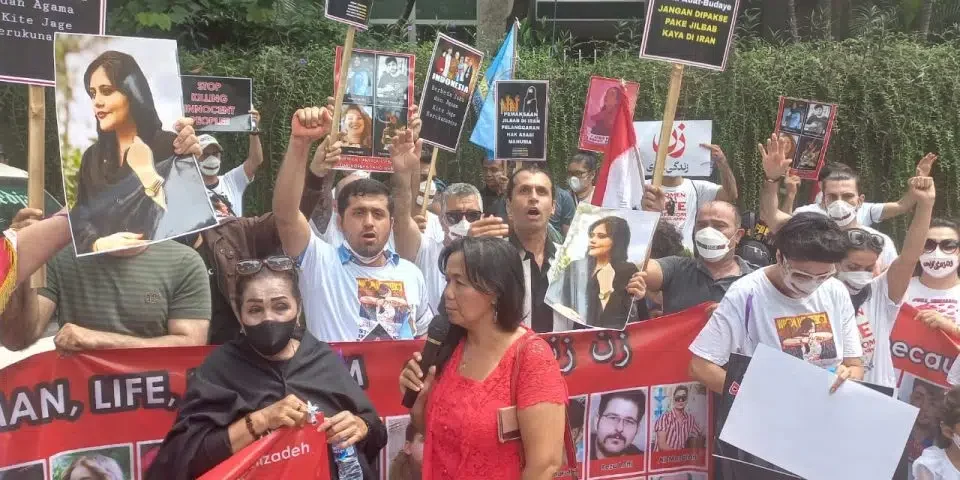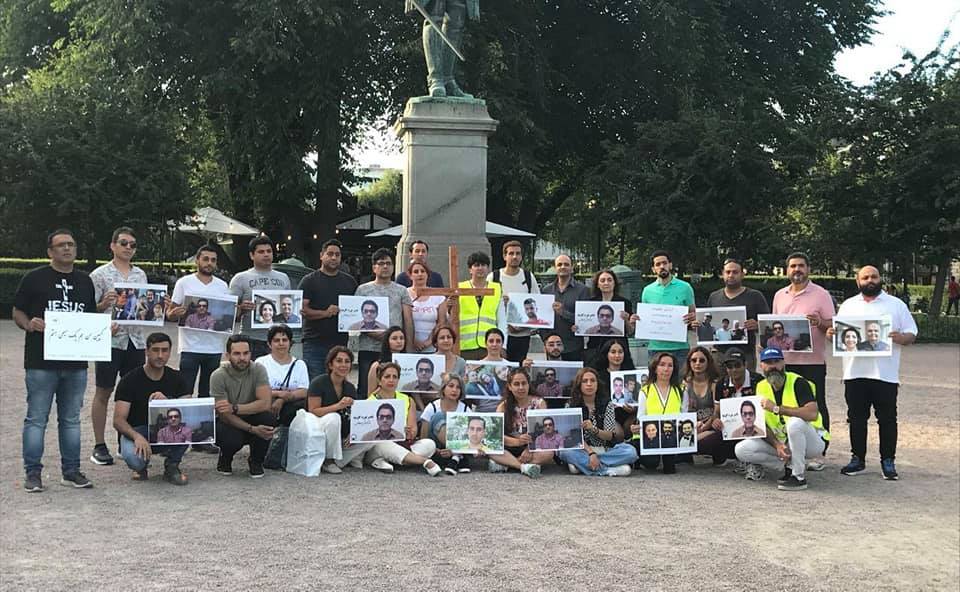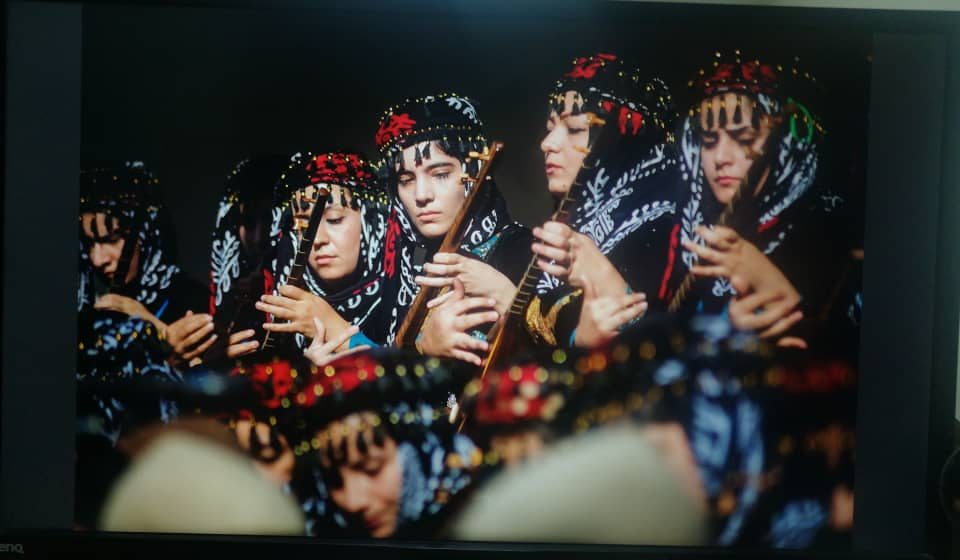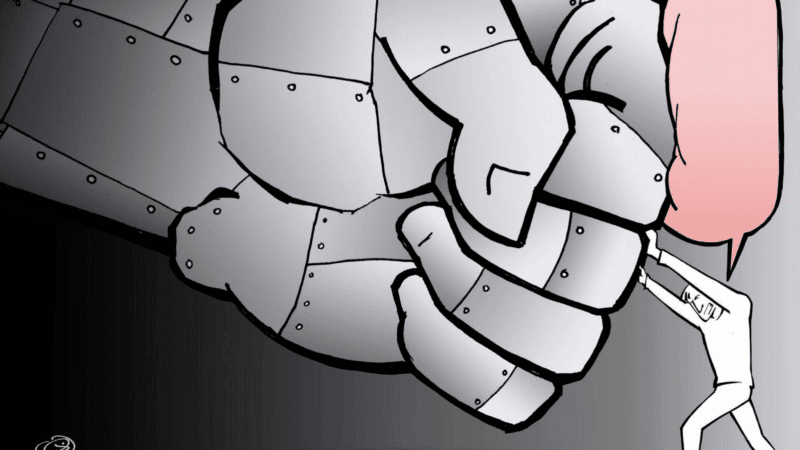2020-09-28
International organizations, including the United Nations, have condemned the Islamic Republic several times for violating human rights and the rights of religious minorities. Sanctions on those minority communities have ranged from imprisonment to being banned from university and from losing jobs and property to even being killed. MvoicesIran talks with Said Mahmoudi, Professor Emeritus of International Law at the University of Stockholm to discuss religious and conscious rights in international law, violation of those rights in Iran, and the capacity of international organizations to curb such actions by States. The rights to freedom of thought, religion, and conscience, which include the freedom to change religions or beliefs and to worship […]
Do you like it?
2022-10-26
Fred Petrossian–80,000 people in Germany’s capital have been marching in solidarity with protesters in Iran. On 22nd October, demonstrators came to Berlin from all over Europe. A statement was read at the end of this historic gathering which talked about periods of repression and state violence from the beginning of the Islamic Republic to the present. The statement also mentioned the repression and discrimination of ethnic and sexual minorities. However, incredibly, no mention was made in the statement about the persecution and suffering of religious minorities during the last 43 years. For more than four decades, the “Islamic Republic” has deprived millions of people of their basic rights as citizens. […]
Do you like it?
2022-09-01
Fred Petrossian–The “I am A Christian too” campaign was launched by a group of Iranian Christian converts living in Stockholm, Sweden, in October 2020 in order to pursue policy change in Sweden and Iran. “I Am A Christian Too” is a loosely organized but sustained campaign among a group of Iranians who share Christianity as their core belief and set their main goal of being recognized as refugees by the Swedish government. As of July 2022, this campaign has held almost 50 gatherings in Stockholm, making it the most persistent street movement among Iranian religious minorities and even Iranian asylum seekers in the diaspora. At each meeting, between 20 […]
Do you like it?
2021-11-24
The Yarsan faith, or Ahl-e Haqq, is a religious minority not recognized by the Constitution of the Islamic Republic of Iran. As a result, its followers face constant discrimination and harassment in Iran as many of them are forced to deny their faith in public. Some have even resisted the government’s de-identification by organizing cultural groups and publishing open letters to officials. Seyed Amin Abbasi, a member of the Yarsan Civil Activists Advisory Council, told Mvoices: “The forced abandonment of faith by some Yarsanis has weakened their identity and promoted hypocrisy among them. Religious acceptance is no longer based on individual interest, desire, or awareness, but primarily aimed at obtaining […]
Do you like it?
2023-12-20
This article was first published on the website Global Voices, and is republished here with kind permission. Over the last 45 years, the Islamic Republic of Iran has weaponised textbooks, religious debates, films and television series, city walls, and even cemeteries to impose cultural violence and institutionalise its dominance, particularly over religious minorities. The government has employed physical, structural, and cultural violence against religious minorities. While physical violence (prison, destruction of worship places, execution, confiscation of properties), and structural or legal violence (discrimination in the labour market and education, testimony in court) are often tangible, cultural violence (art, religious debates, education) is more nuanced. But cultural violence not only facilitates direct (physical) and structural violence but also legitimises violence, making it […]
Do you like it?

